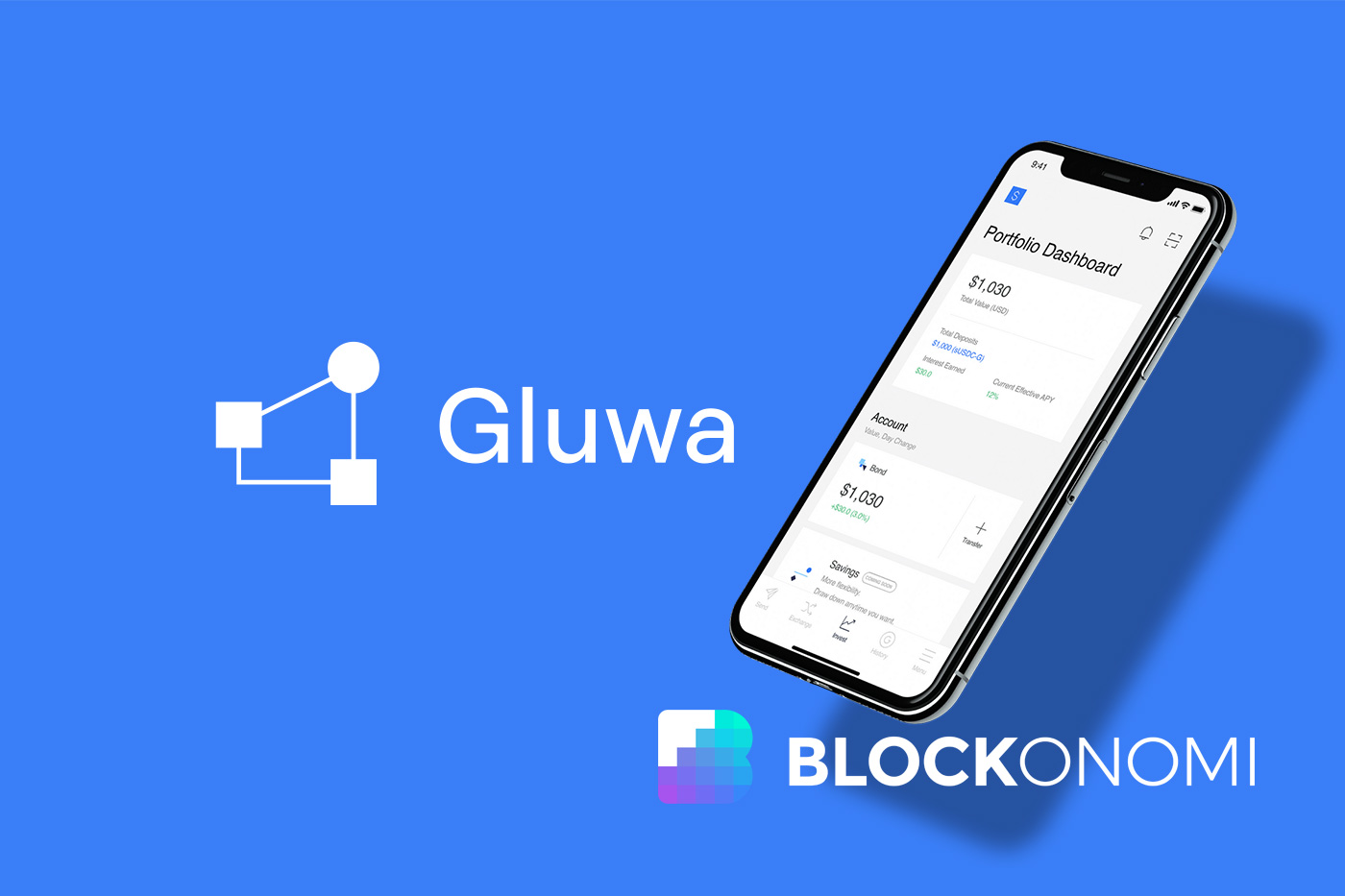DeFi lending is an intriguing and competitive space, even though there’s room for improvement. Traditional lenders target a crypto audience, whereas P2P service providers can support a wider variety of assets. Gluwa, with the help of Creditcoin, taps into emerging markets where SME loans are hard to come by.
DeFi Lending Needs To Expand
No one can argue that lending through decentralized finance platforms and protocols has become widely successful. Popular projects, including Aave and Compound, have created a financial solution for thousands, if not millions of people. However, they require that one already own digital assets to act as collateral, which doesn’t suit the needs of the many. Cryptocurrency is a relatively niche market, even in 2021, and the technology allows for much more.
Despite their crypto-only approach, Compound and Aave have amassed a high amount of Total Value Locked, or TVL. Aave is the industry leader with $15.7 billion in assets locked, whereas Compound secured just under $11 billion. It confirms the appeal DeFi lending has to crypto users, even if that means vastly overcollateralizing loans for security reasons. However, that approach also makes both platforms less appealing to those who do not own cryptocurrency or already have access to capital yet still need small or medium-sized loans for various purposes
Bringing this technology to emerging markets requires a very different approach. Gluwa offers a combination of decentralized financial infrastructure with global investment opportunities. Users globally can manage their finances through various features. One crucial element of this ecosystem is Creditcoin as it can attach a loan portfolio to a public blockchain. Moreover, developers can build on Creditcoin to introduce their own applications, products, and services.
Why P2P DeFi Lending Matters
The approach by Gluwa adds a peer-to-peer, non-collateralized element to DeFi lending, the way it should always have been. Its suite of features lets borrowers take out loans without already having a larger amount of digital assets. As a result, any living person can use the blockchain for a loan to keep their small business afloat. A significant development for emerging markets and bankless nations, as financial products and services can be hard to come by.
Gluwa’s peer-to-peer approach creates a new revenue stream for lenders by aiding those in unbanked and underbanked markets. It is a viable financial solution for the African continent and emerging markets worldwide without involving financial institutions. Moreover, Gluwa removes the need for users to own crypto before taking out a loan, making it a very different provider from Compound or Aave.
Gluwa Is Making Inroads
The various services and features under the Gluwa banner attract much attention. For example, the native Gluwa Invest option currently offers up to 12% APY to help bring more capital to the underbanked and unbanked in emerging markets. Through these credit lines provided by Gluwa’s non-custodial exchange, the team offers seamless and trustless lending and borrowing to anyone. With the best APY rate in the market, any user can help make a positive impact and change someone else’s life.
Africa is a crucial region for service providers like Gluwa, as financial hardship is unfortunately too common there. Thanks to a partnership with Aella, there are now over 1 million transactions on Gluwa in Africa alone. In addition, Aella, as a consumer credit application, serves over two million users, making it an excellent partner for Gluwa to achieve broader adoption. Transactions span payments, remittances, investments, and other activities.
The service provided by Gluwa is very different from Aave and Compound. However, this isn’t a matter of being “better” rather than “complementing” the options already available. Aave and Compound are great solutions for existing crypto holders. Gluwa does the same for non-crypto hodlers and the unbanked, making it a valuable contributor to the DeFi and blockchain industry. Moreover, the role of Creditcoin in decentralized finance becomes more outspoken and makes a meaningful difference in regions where it is needed the most.







































